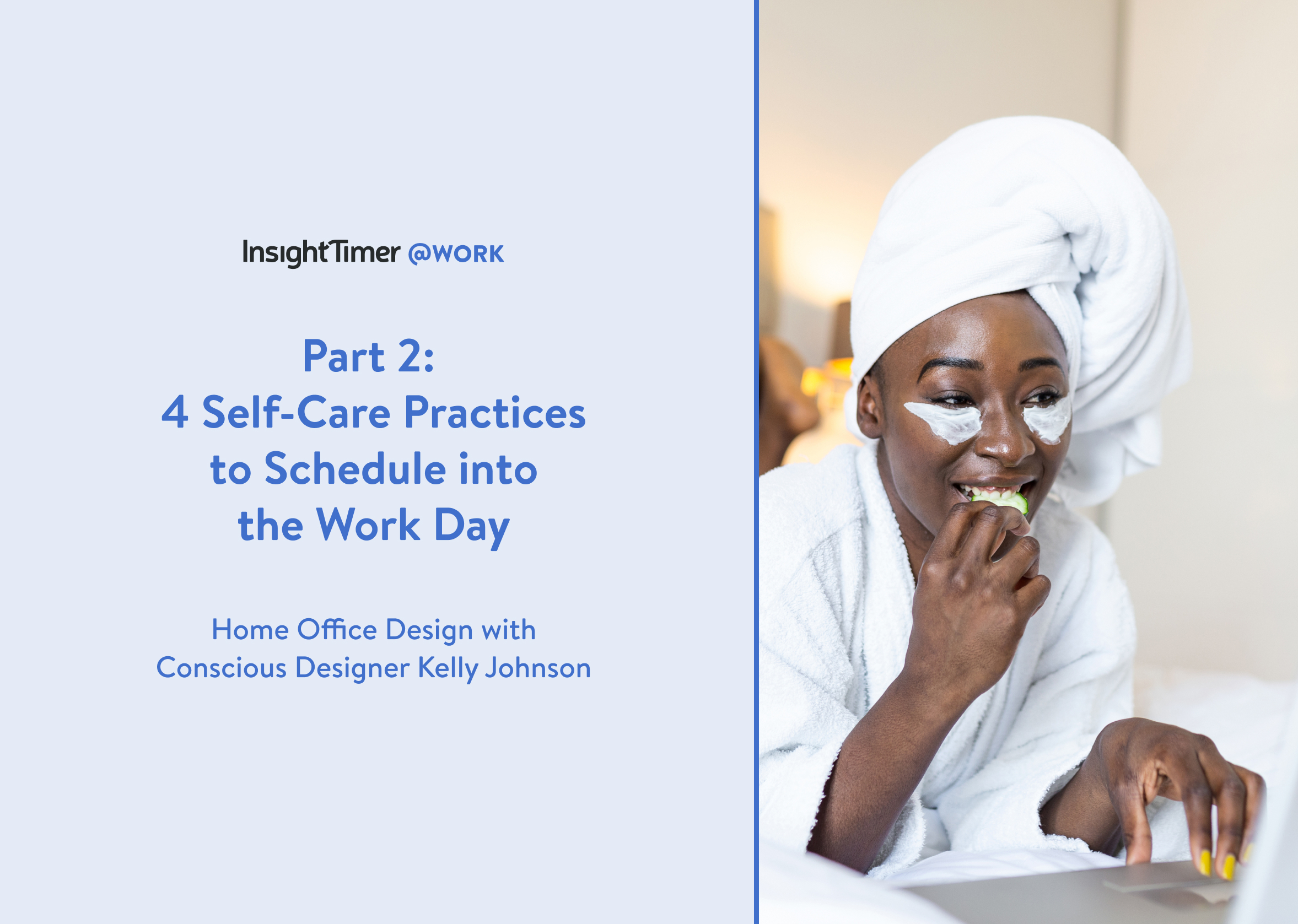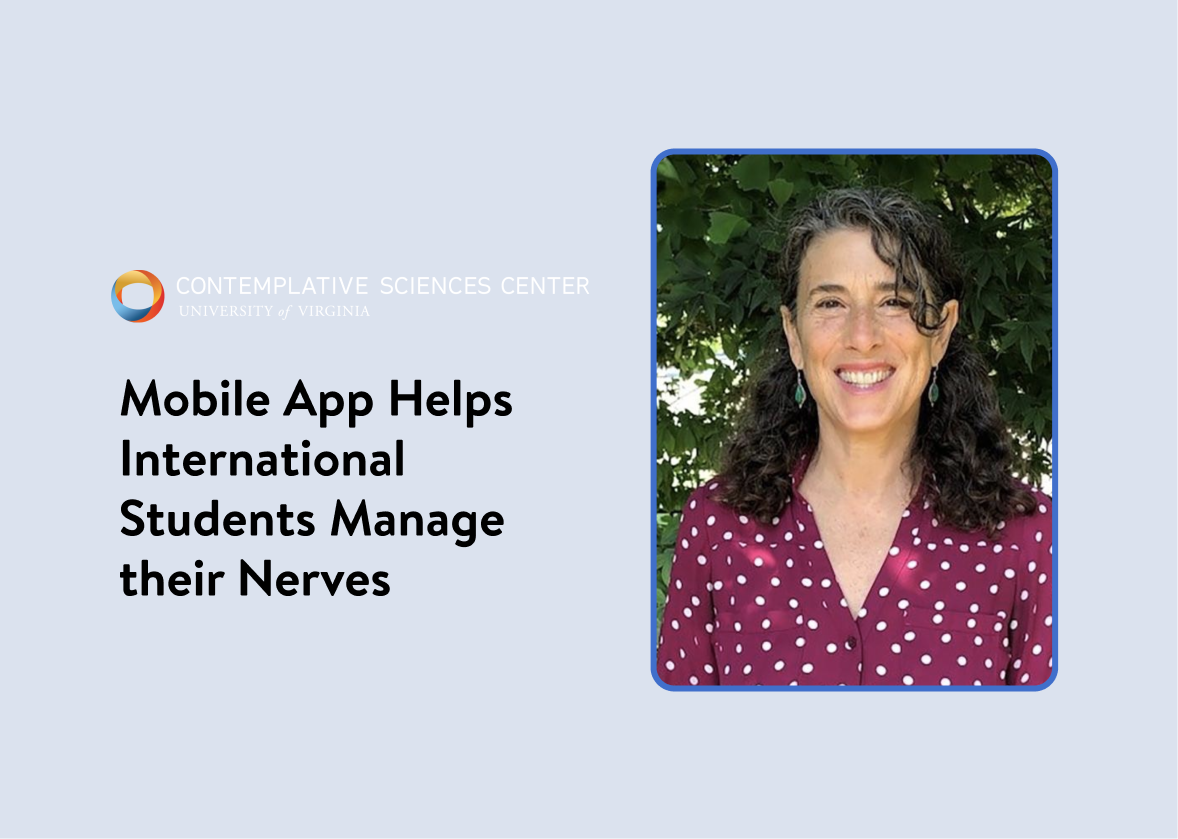Unemployment in the United States reached an all-time high in April 2020. At over 14%, more than 23 million people were without jobs. While those statistics have improved since the height of the COVID-19 pandemic, many still struggle to find work. Close to a third of jobless workers have been unemployed for over a year.
Perhaps unsurprisingly, depression tripled among US adults in this same time period. The connection between unemployment and depression is real. And yet, it’s possible to rise from the depths of despair, with or without a new job.
The Unemployment and Depression Connection
The connection between unemployment and depression has been long understood, but the question of causation versus correlation remained. Recent research, however, demonstrates that unemployment can and does lead to depression.
In one study, researchers found even among those with no history of depression, individuals who later lost their jobs were twice as likely to become clinically depressed as those who remained employed.
Findings from another study found those who were unemployed had significantly poorer mental health than those who had voluntarily removed themselves from the workforce. Thus, it’s not lack of work alone that leads to depression, but the inability to work when we otherwise want or need to.
Depression resulting from unemployment is greatest in 18-25 year olds, who may be three times more likely to become depressed after a job loss than their older coworkers. Unemployment in this age group is also a predictor of mental health problems later in life, regardless of gender or subsequent employment status.
Black and Latino populations are also at higher risk for depression due to unemployment, while studies have found no significant difference between men and women.
The Causes of Unemployment-Related Depression
Loss of income can be devastating on multiple levels and can throw us into a state of constant stress, anxiety and depression. But unemployment-related depression is as complicated as each individual that experiences it, and often involves more than the pain of not being able to pay the bills.
Like it or not, work in the West is central to our culture, social lives and personal identity. Our job status is closely tied to our self-esteem and a sense of worth that goes beyond the sum of our finances. Psychologists hypothesize our sense of enrichment, wholeness, and purpose is derived from the contributions we make to our loved ones and our greater communities. We live in a culture which overwhelmingly connects the value of those contributions to our livelihood.
Unemployment comprises our self-esteem and decreases our sense of agency over the trajectory of our lives. When we can’t get a job, we begin to feel helpless. When unemployed long term these feelings of helplessness can lead to more pervasive depression.
Being employed leads to a greater personal sense of adulthood. Researchers have found when we perceive ourselves as adults, we tend to ruminate less. Rumination is a predictor of clinical depression.
Additional non-monetary benefits of employment include the shared experiences we have with others at the office, the status a title offers, and the comfort of a daily routine. Losing this sense of community, identity and structure negatively contributes to our state of mind.
Healing from Unemployment Depression
For many of us, our jobs answer the question, who am I? When our identity is attached to our career, losing a job can feel like death. Connecting to an identity and a sense of self-worth that’s independent of our employment status can help us to heal from this sense of loss.
Turning inward toward meditation versus outward toward a job title, can answer the question of who we are on a psychological and spiritual level.
A strong sense of personal identity and a solid self-compassion practice helps us respond to loss with greater resiliency. With self-love, we’re better able to accept our circumstances, forgive ourselves for perceived failures, and begin again.
Meditation is one way to prevent, manage or heal from the psychological impacts of unemployment. By practicing self-compassion and remembering our sense of self, we can protect our psychological and spiritual health and live fulfilling, meaningful lives regardless of our employment status.







